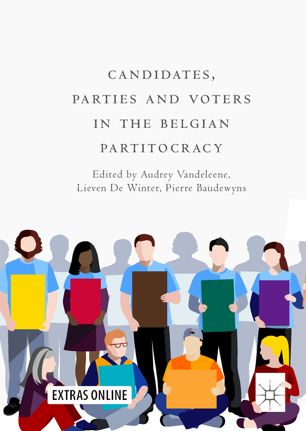

Most ebook files are in PDF format, so you can easily read them using various software such as Foxit Reader or directly on the Google Chrome browser.
Some ebook files are released by publishers in other formats such as .awz, .mobi, .epub, .fb2, etc. You may need to install specific software to read these formats on mobile/PC, such as Calibre.
Please read the tutorial at this link: https://ebookbell.com/faq
We offer FREE conversion to the popular formats you request; however, this may take some time. Therefore, right after payment, please email us, and we will try to provide the service as quickly as possible.
For some exceptional file formats or broken links (if any), please refrain from opening any disputes. Instead, email us first, and we will try to assist within a maximum of 6 hours.
EbookBell Team

0.0
0 reviewsThis book focuses on the triadic relationship between electoral candidates and the two other poles of the delegation and accountability triangle—political parties and voters. The chapters rely mostly on the Belgian Candidate Survey (CCS project), gathering about 2000 candidates belonging to 15 parties represented in Parliament and running for the 2014 federal and regional elections, and the authors’ conclusions serve at answering broad political science questions linked with elite recruitment, party and candidate electoral strategies, personalisation, party cohesion, and descriptive and substantive representation. Its multilevel semi-open electoral system, atypical federal structure, extreme party system fragmentation and volatility make Belgium an exceptionally rich but complex case that offers findings highly relevant to research on candidates in other democracies.